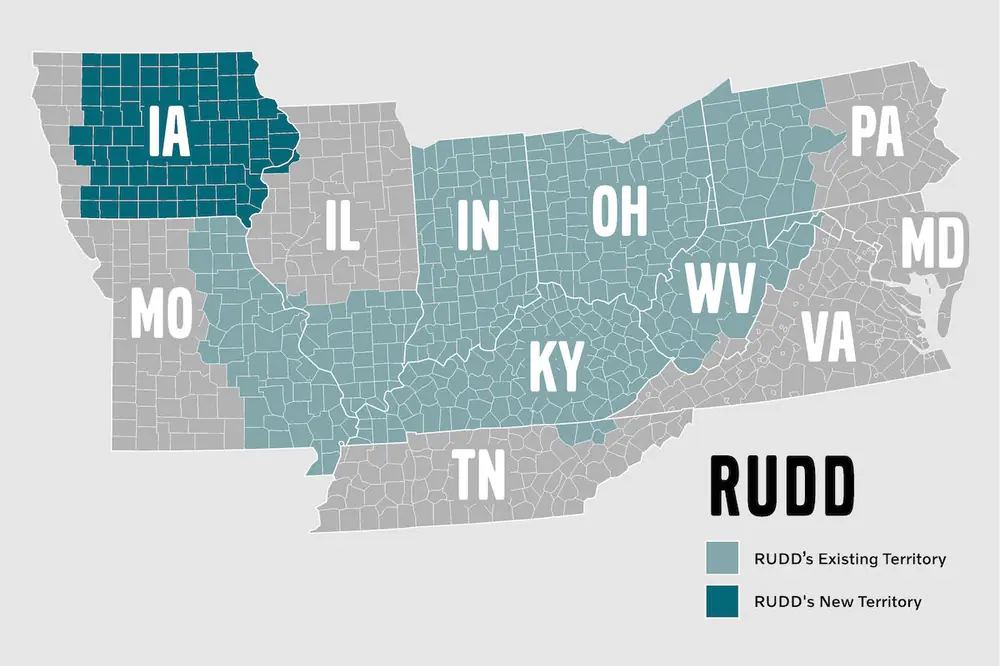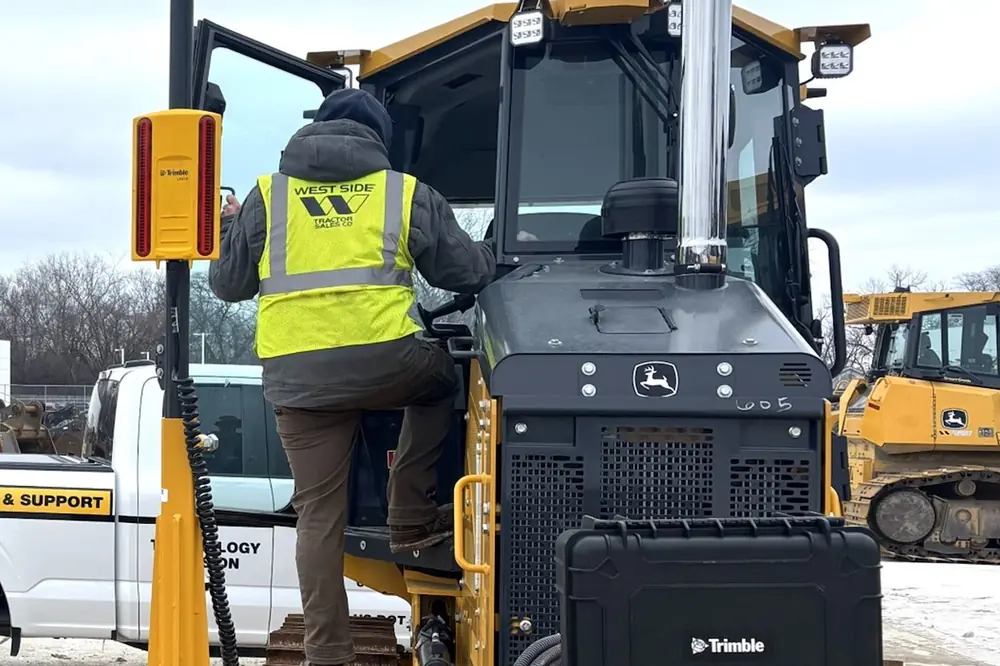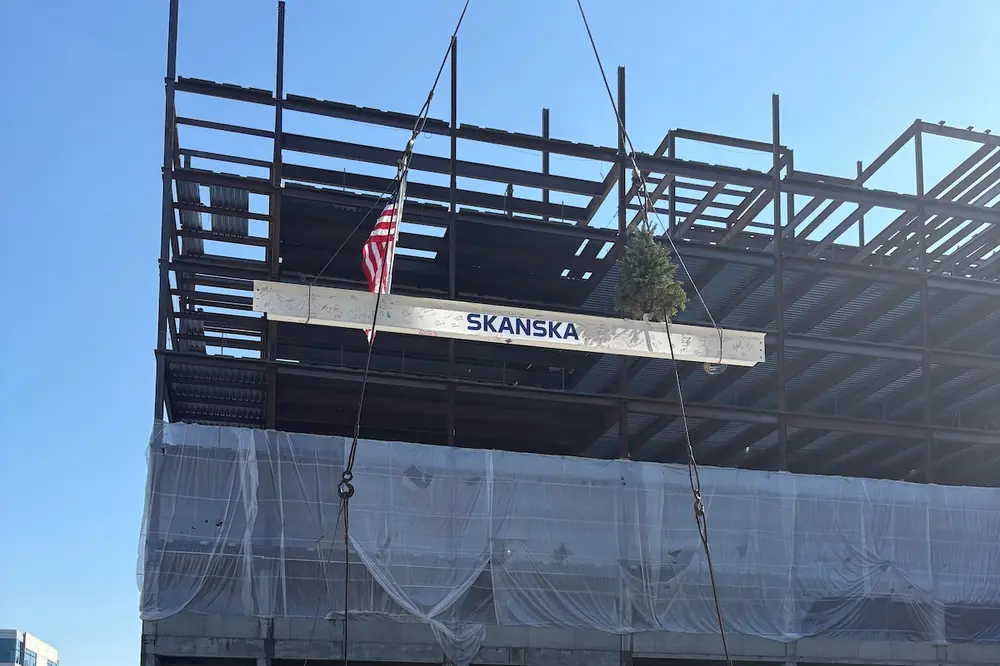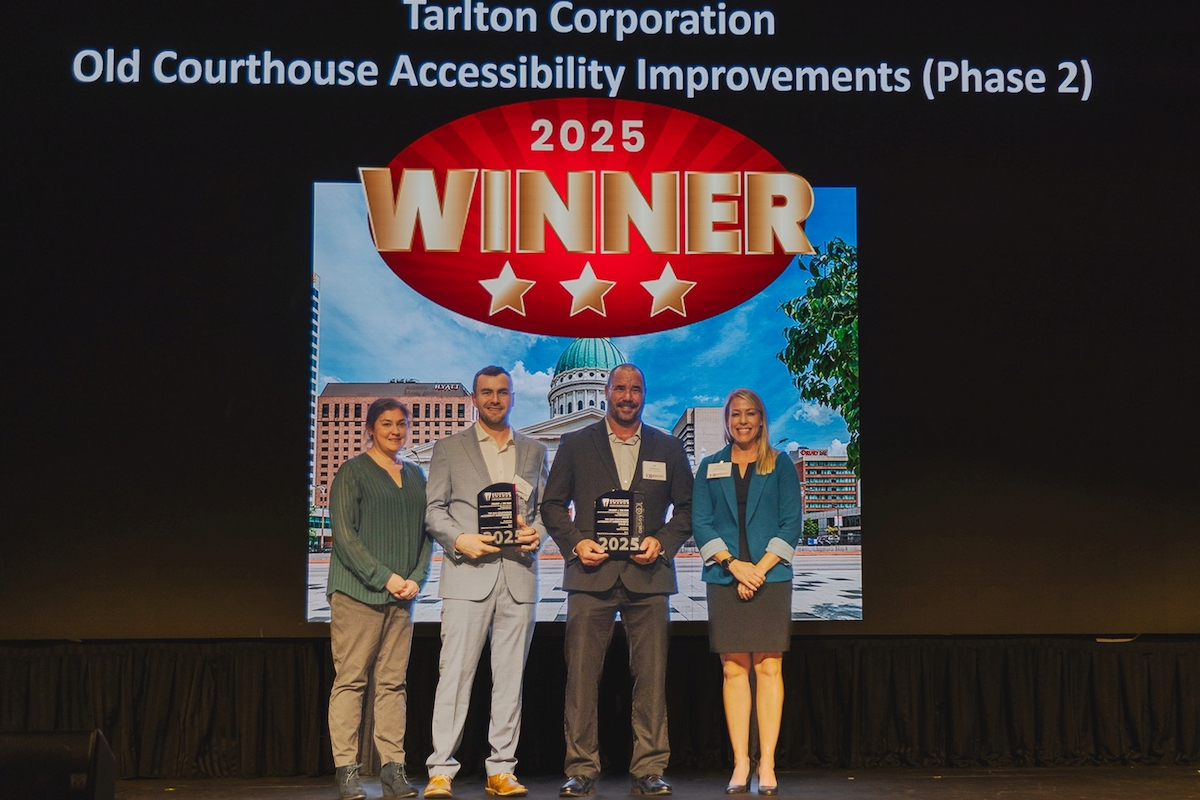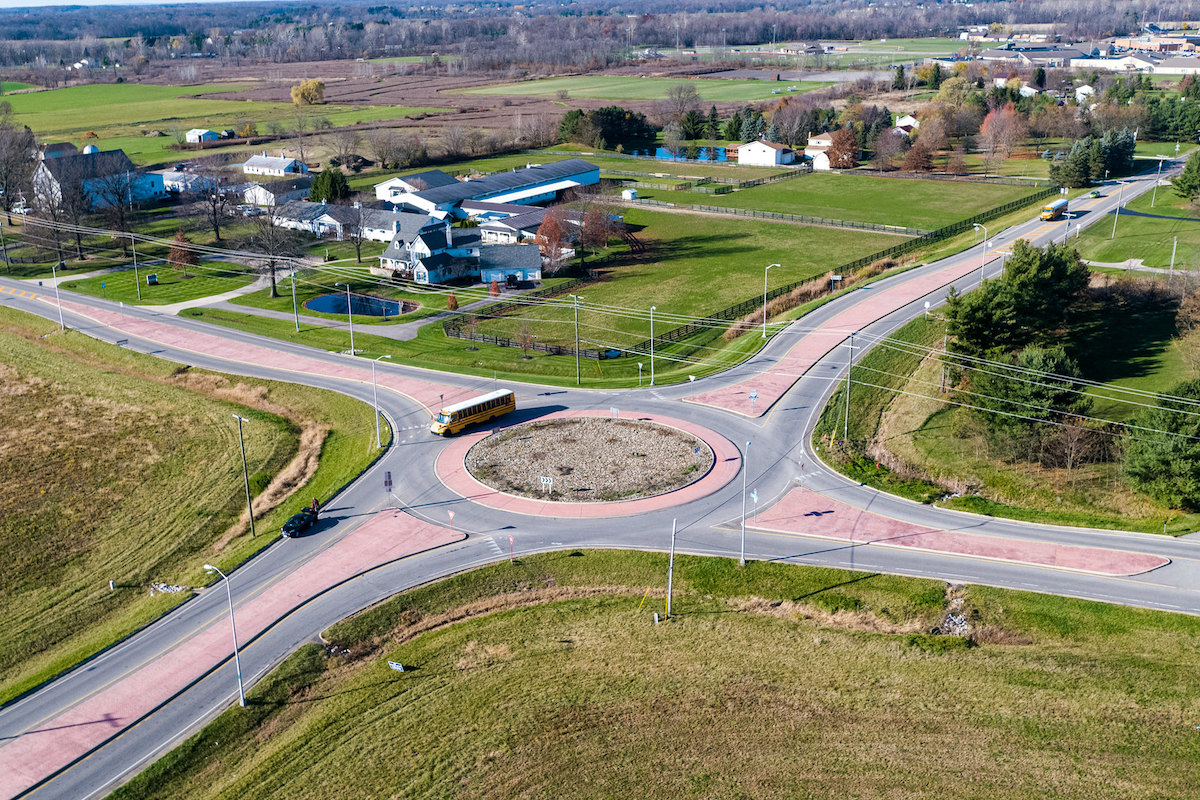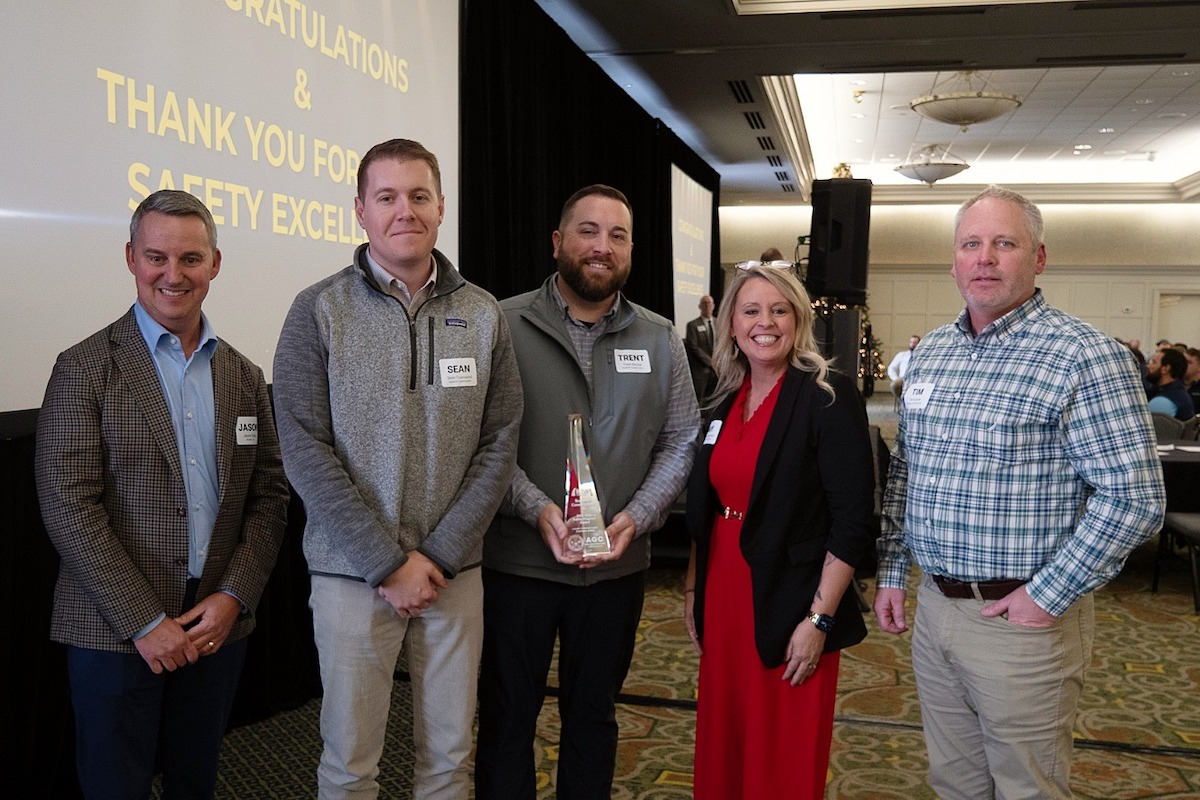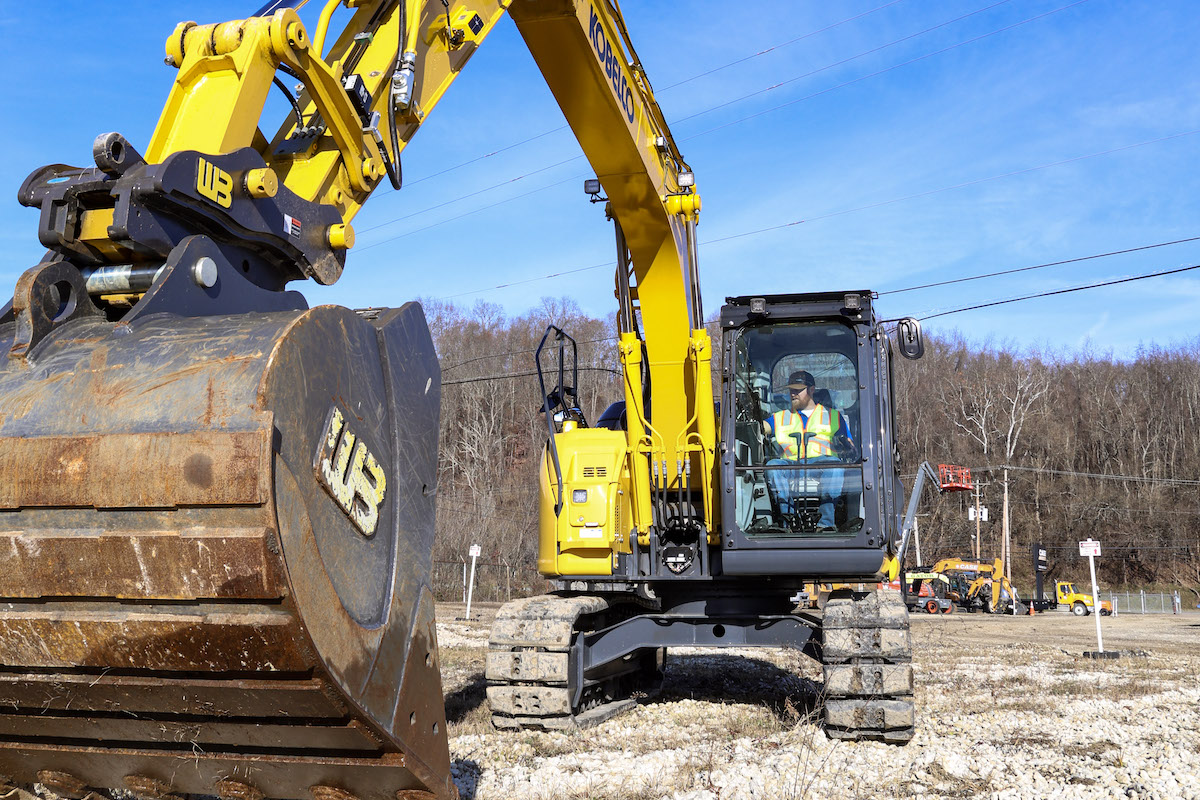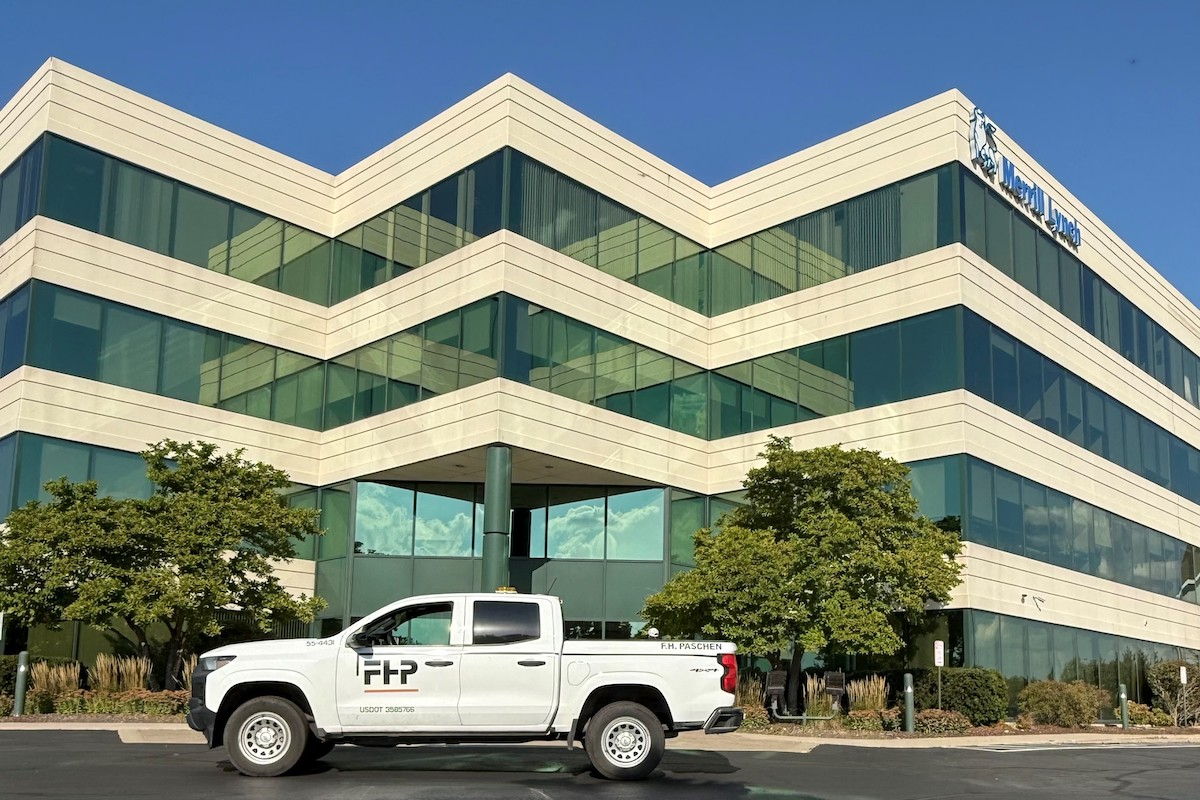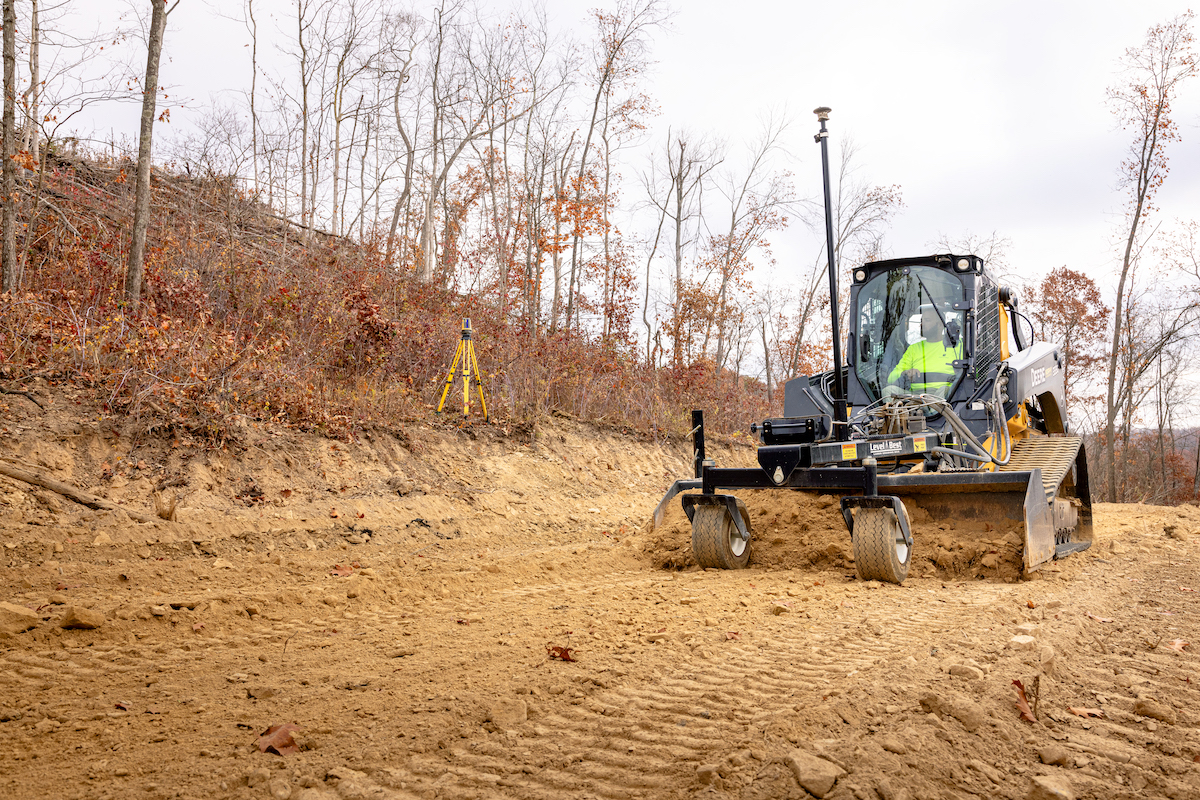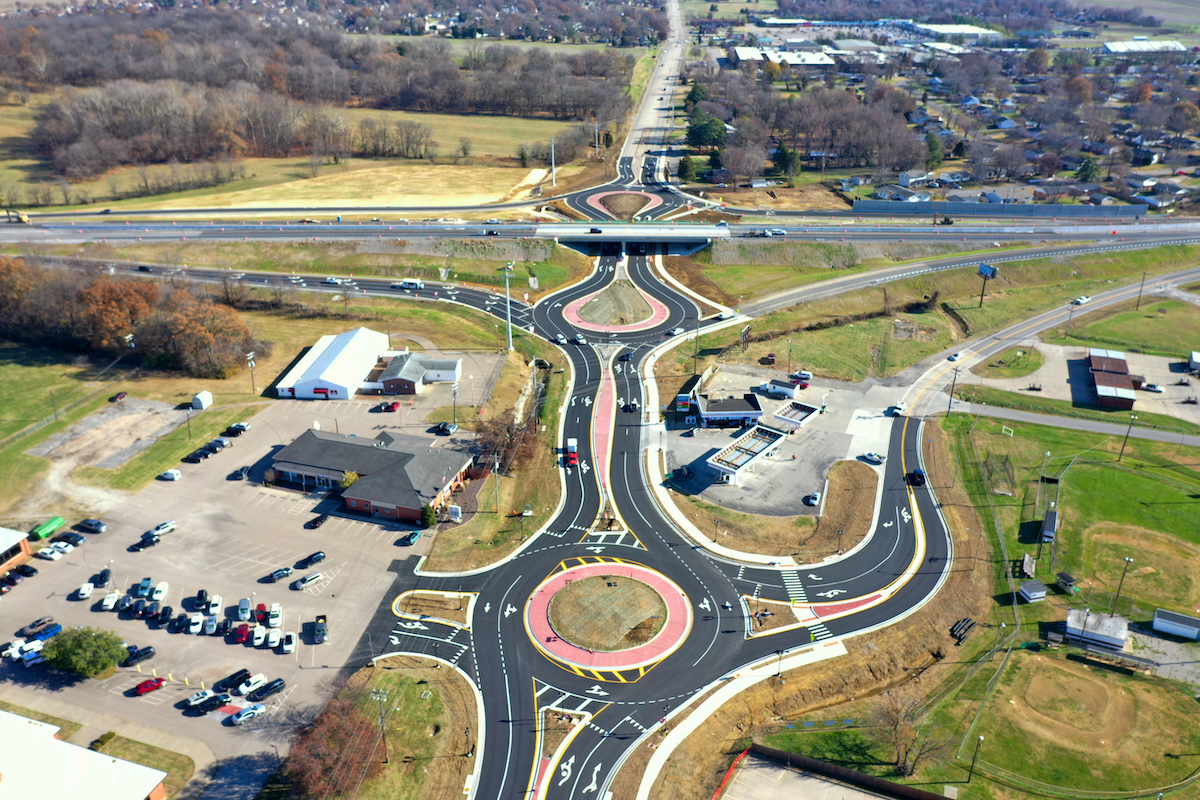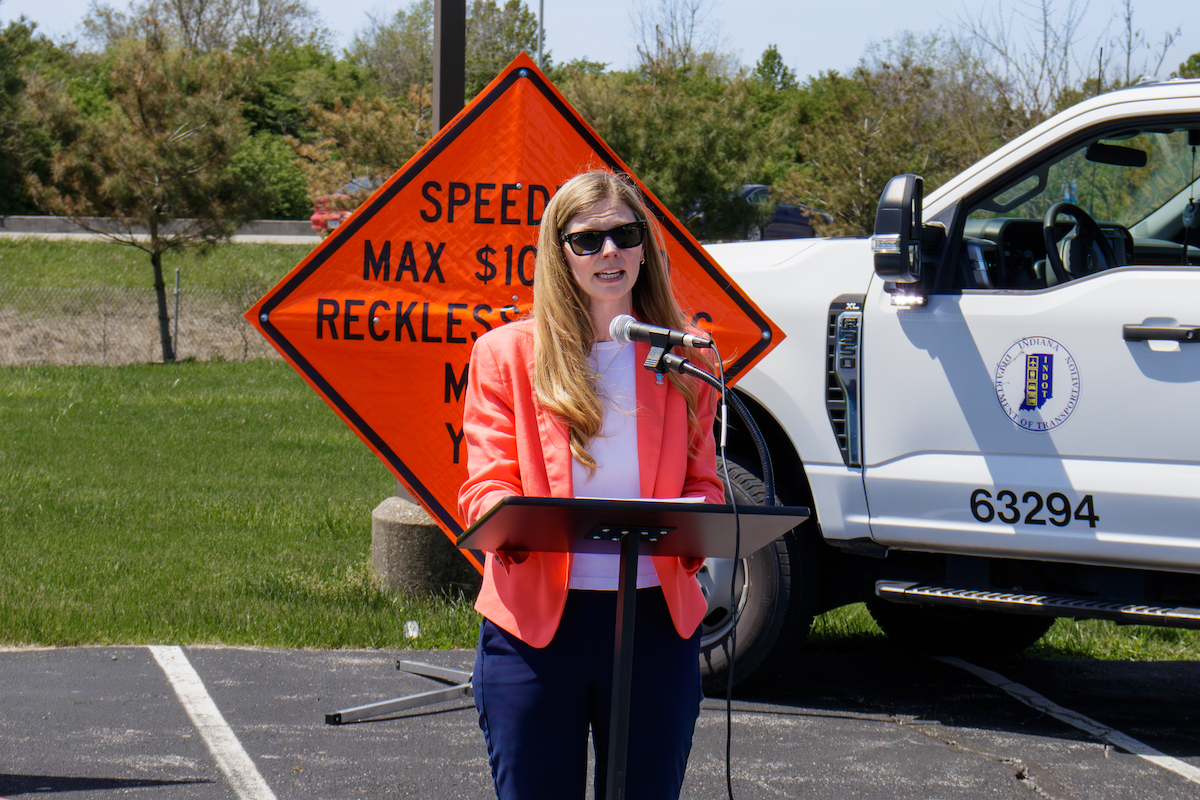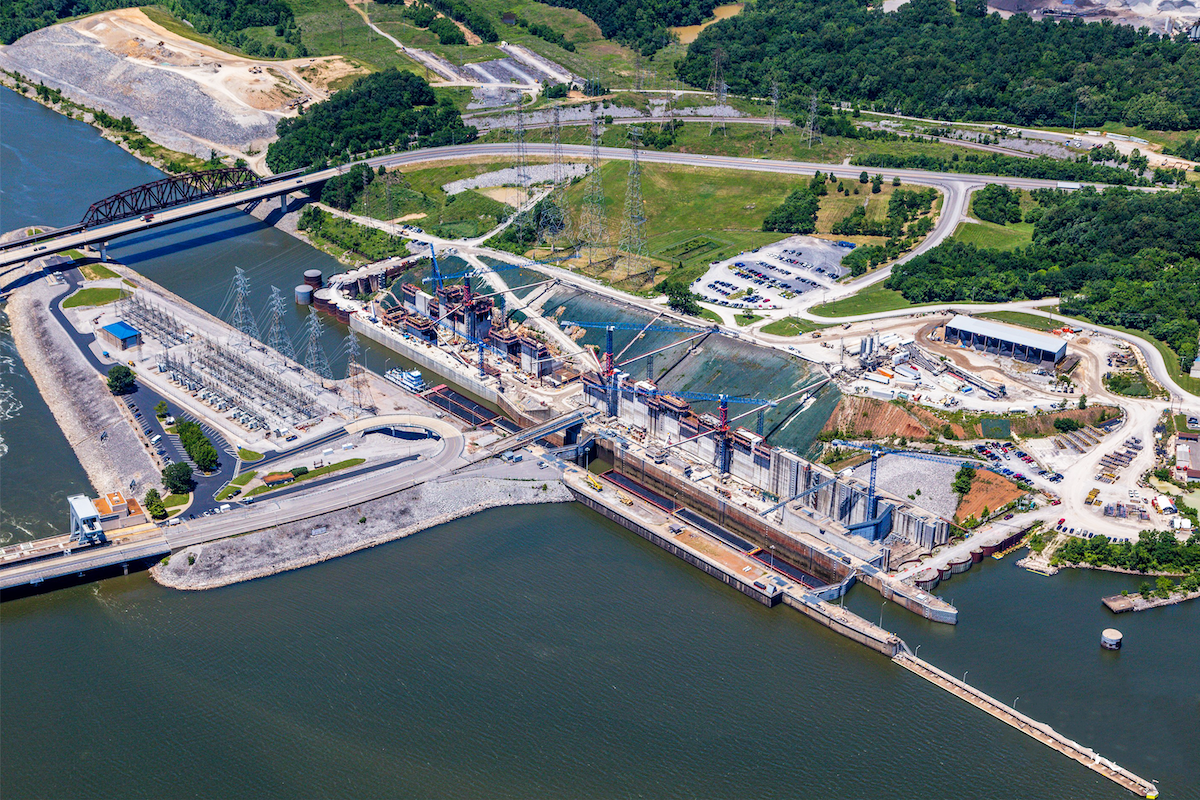The program, called Special Experimental Project No. 14 - Local Labor Hiring Pilot Program, will evaluate the impact of the hiring preferences and contracting approaches on workforce development, employment opportunities, competition, and project delivery. Recipients and subrecipients of federal funds for federal-aid highway projects are allowed to participate in the pilot program and are required to submit a SEP-14 workplan for FHWA approval, evaluate certain criteria, and provide periodic reporting.
ODOT is utilizing the pilot program to hire individuals from the economically distressed zip codes in Multnomah, Marion, Clackamas, and Washington counties for the I-205 Abernethy Bridge Project. Economically distressed zip codes often experience lower income levels and lower employment levels. Individuals hired from the program will be involved in a project that will increase safety, reduce congestion, and upgrade or replace nine bridges.
“[The program allows ODOT] to help bring folks into the field that aren’t in the field now, as well as infuse money into the area that the work is happening,” said Della Mosier, P.E., Deputy Director at ODOT’s Urban Mobility Office. “I think when you look at the construction industry and the makeup of the construction industry, there are many people in our country who haven’t participated in this particular profession. So there are quite a bit of untapped resources out there as we look to get more women, more BIPOC, and folks who are experiencing low income [into the construction industry]. For them to be able to participate is a win-win for both the construction industry as well as for folks who haven’t been able to participate in projects like this in the past.”
ODOT is partnering with the I-205 project’s contractor, Kiewit Infrastructure West Co., to help implement the pilot program. The department expects 8 percent of the total 1.1-1.5 million labor hours will be from residents of identified zip codes, resulting in over 100,000 hours of career-building work. There is opportunity for advancement for workers chosen through the program, with the ability to work up to a journey level, which has a salary of $66,000 a year.

| Your local Takeuchi Mfg Ltd dealer |
|---|
| Brandeis Machinery |
“We’ve nicknamed the oscillator, Oscar, because of what an important role it plays in our ability to create a seismically resilient bridge,” Mosier said. “This oscillator weighs over 200,000 pounds, which I understand is about 26 elephants. … We’re all about doing new and exciting things in all aspects of construction.”
ODOT has also set the following diversity goals for the I-205 project:
- A minimum of 14 percent of contract dollars for the project will go to disadvantaged business enterprises, which translates to over $62 million invested in minority-owned and/or women-owned businesses.
- The project will develop a career pipeline for the local workforce through a goal of 20 percent of hours worked by those in apprenticeship programs.
- Five percent of workforce hours must be performed by members of the Grande Ronde Tribe.
“These efforts are really about us working to ensure diverse and underserved communities can participate in the economic benefits of these projects as well as reducing the construction worker shortage that we’re experiencing throughout our country,” Mosier said. “It’ll also support greater inclusivity in the construction field so that the workers on our projects better reflect the diversity that we see across the state.”
















